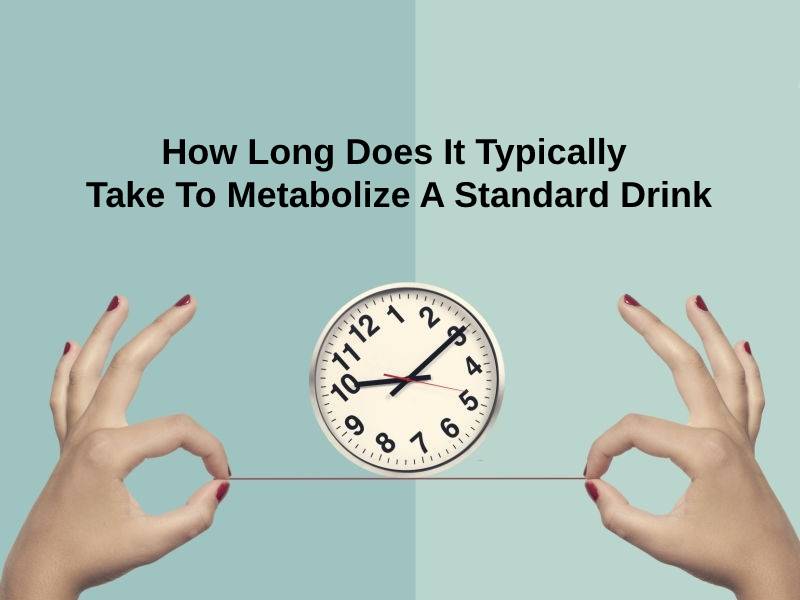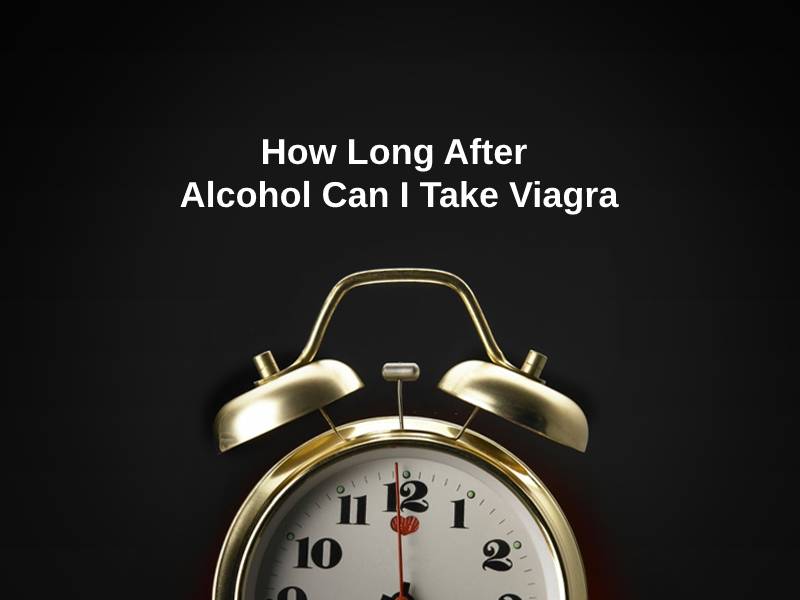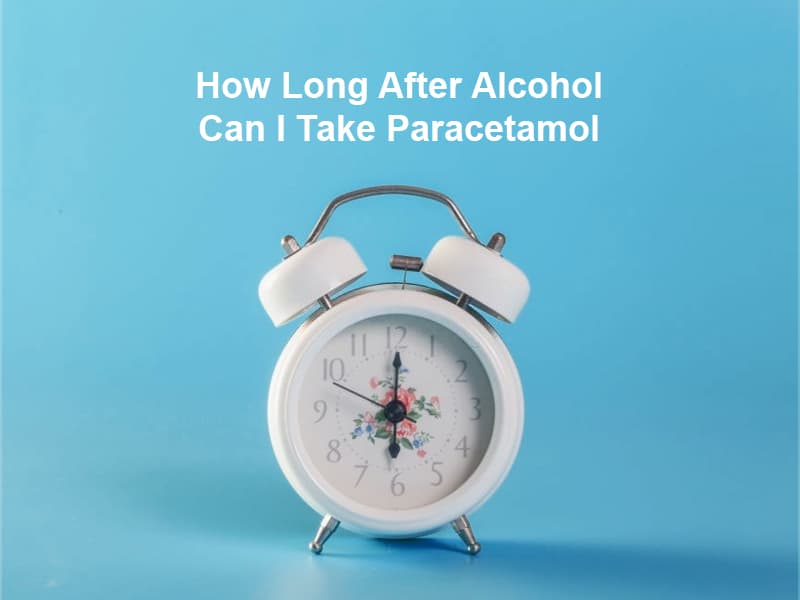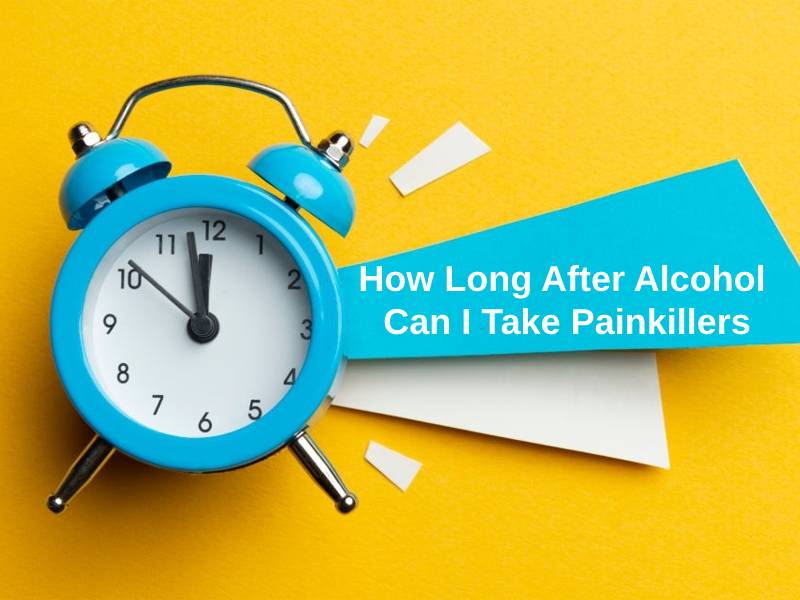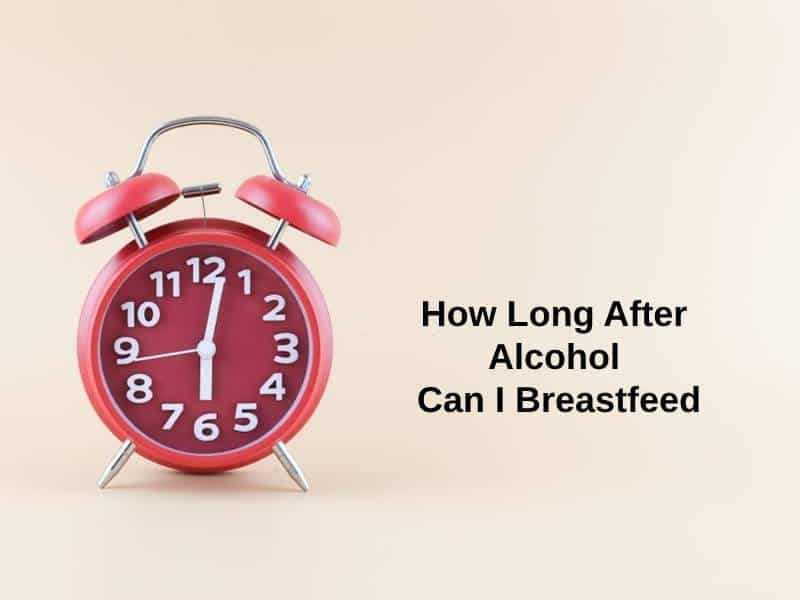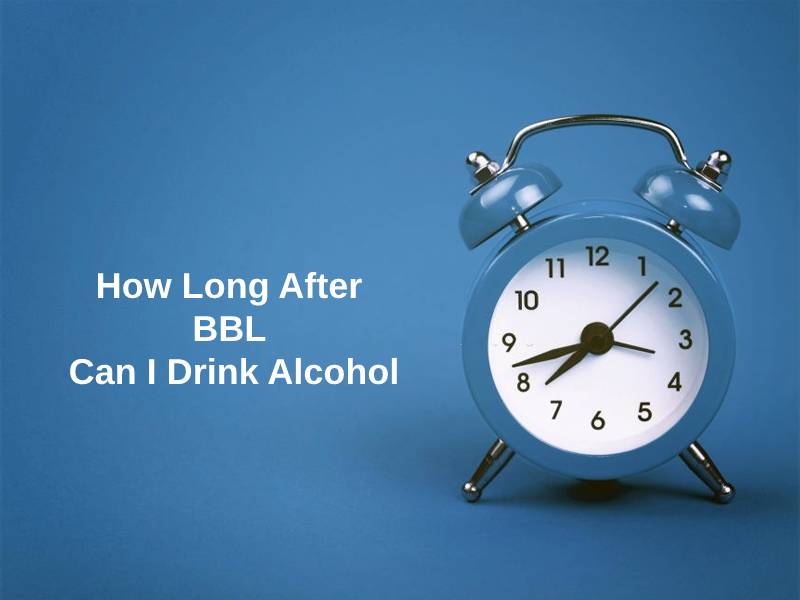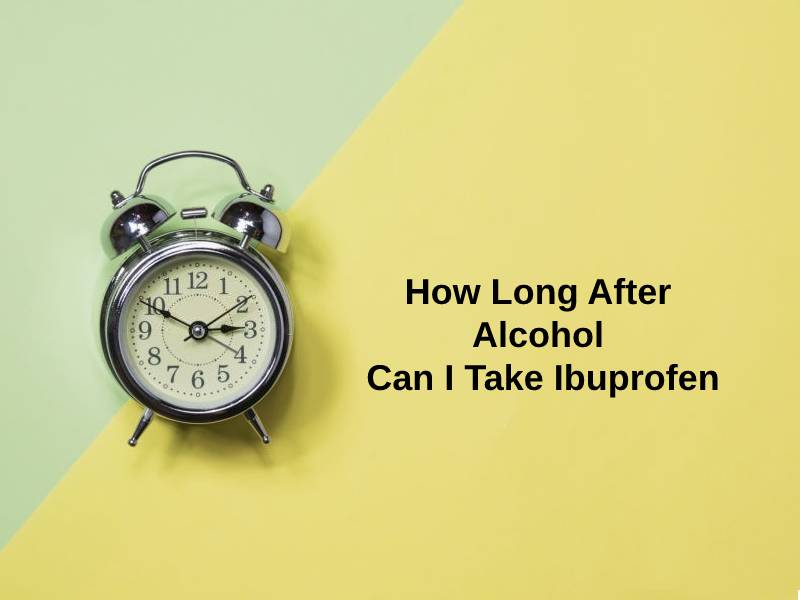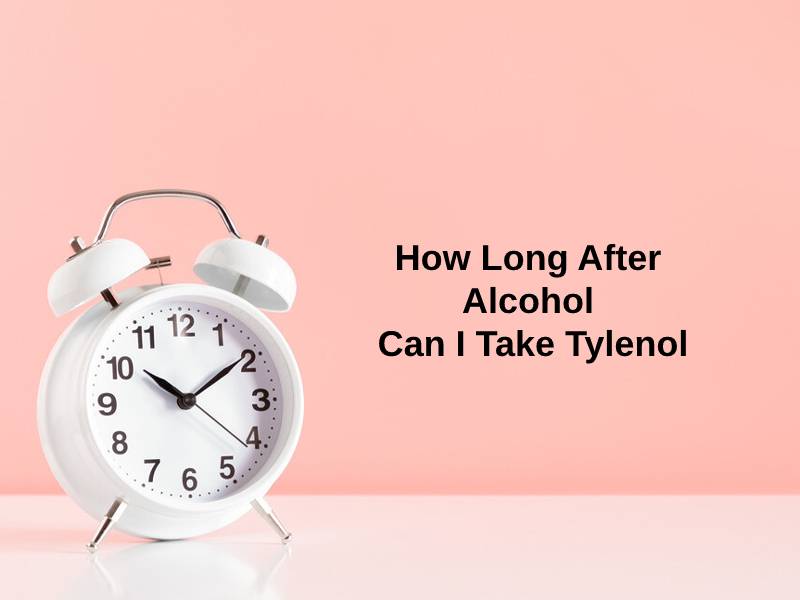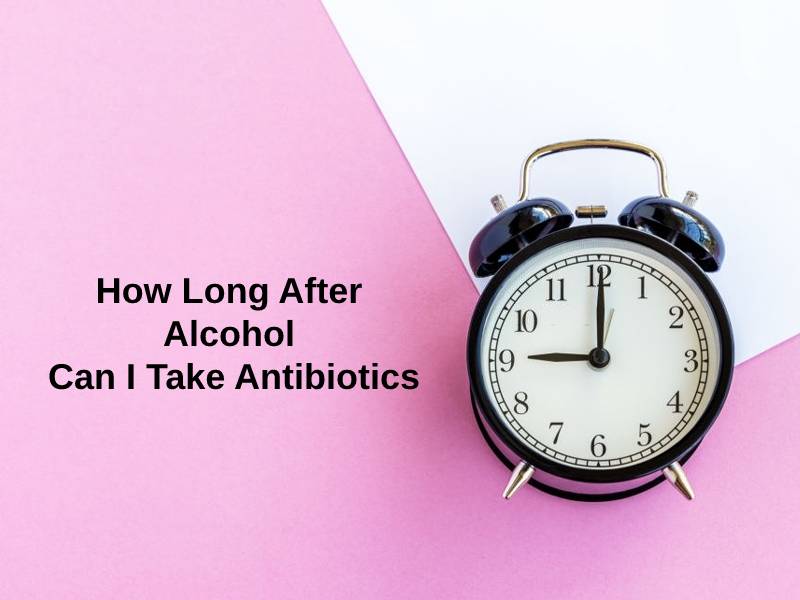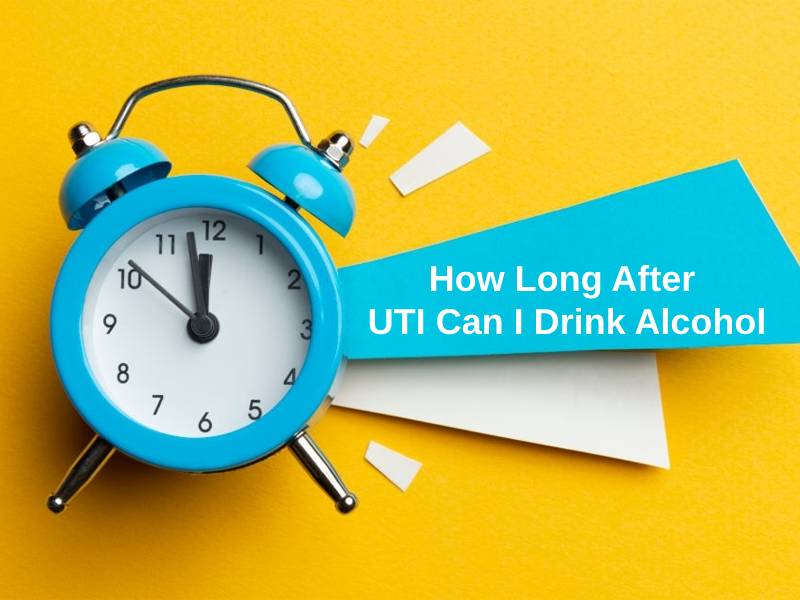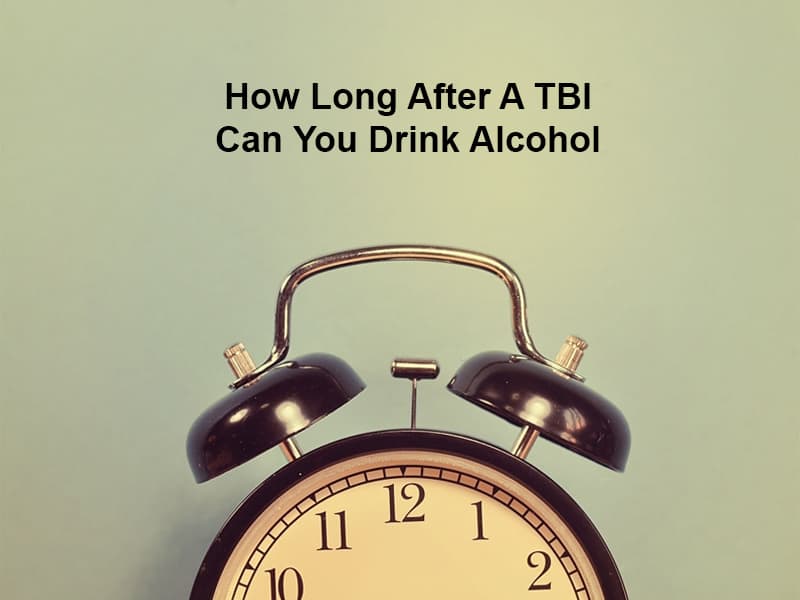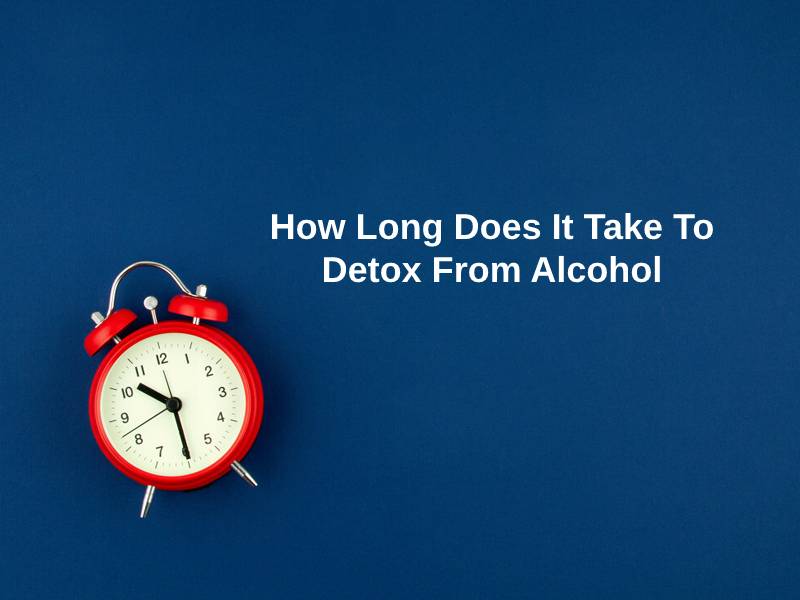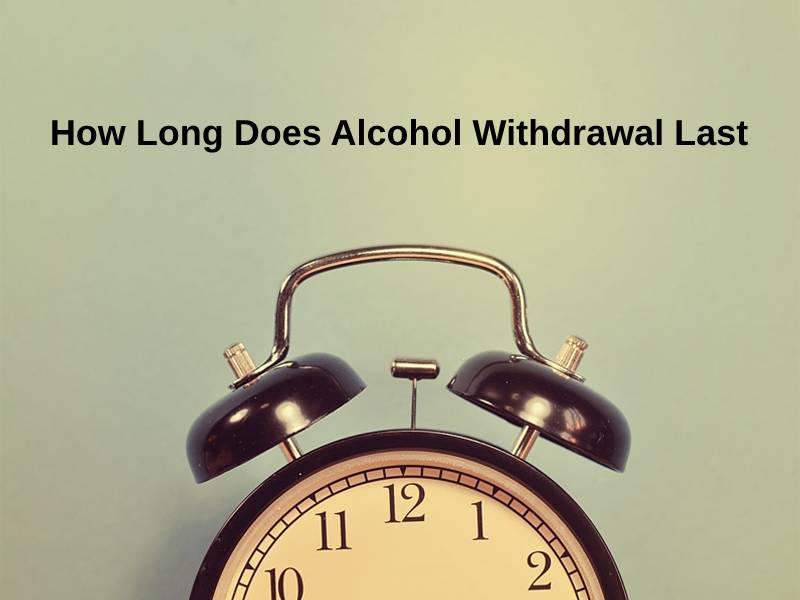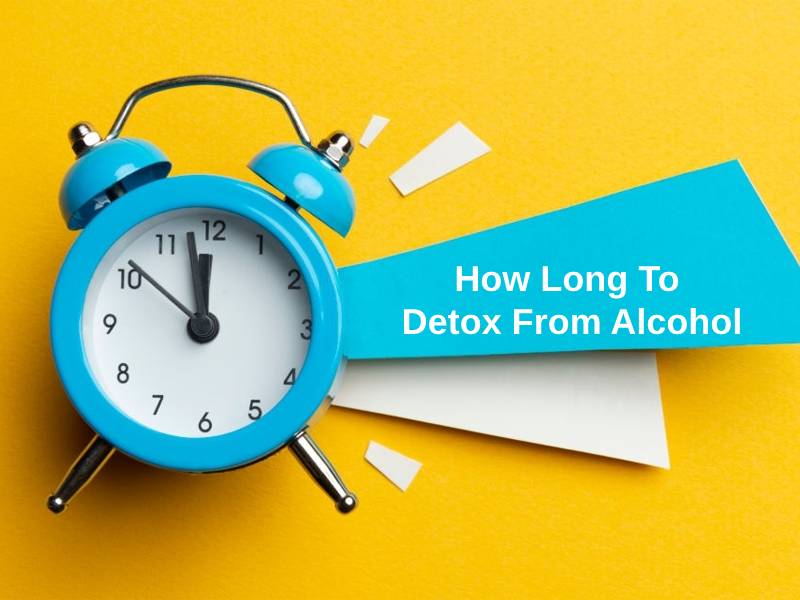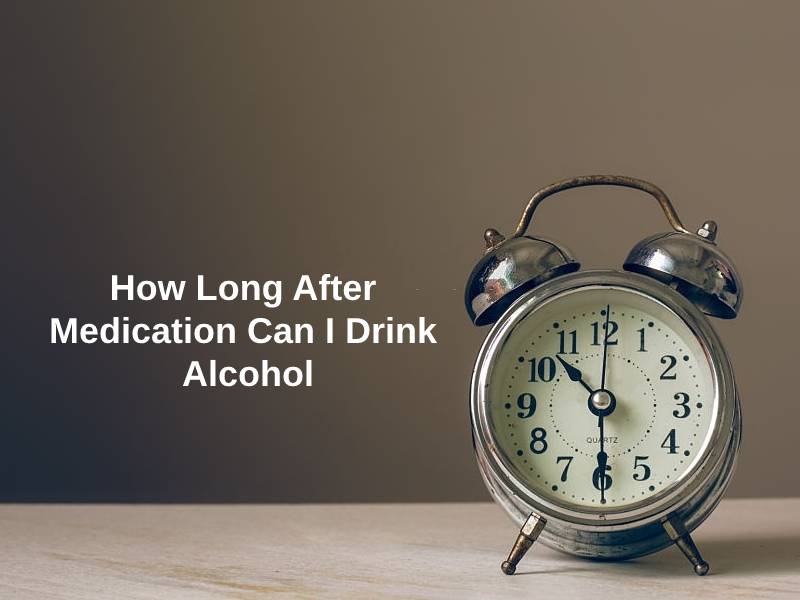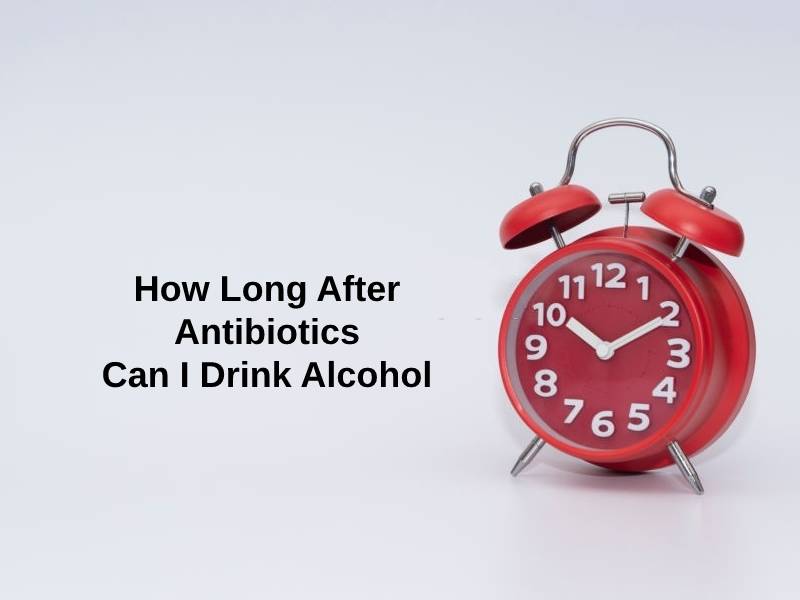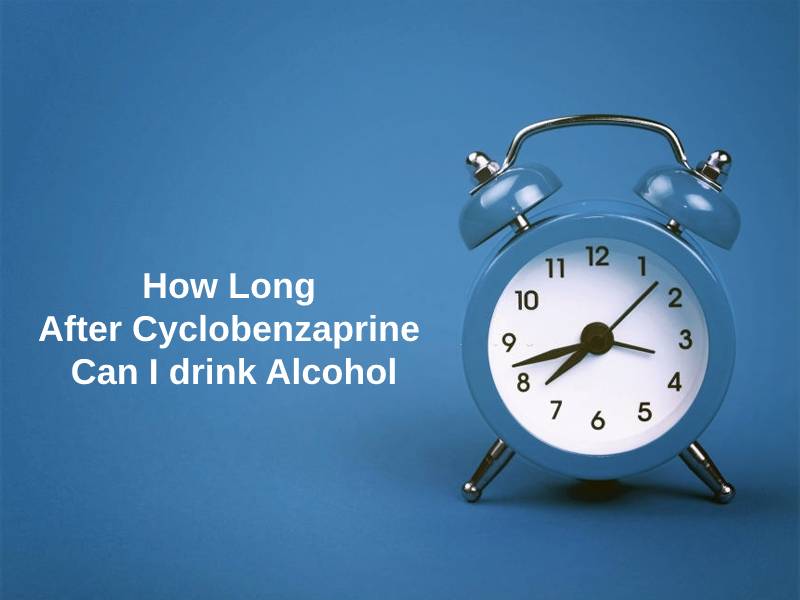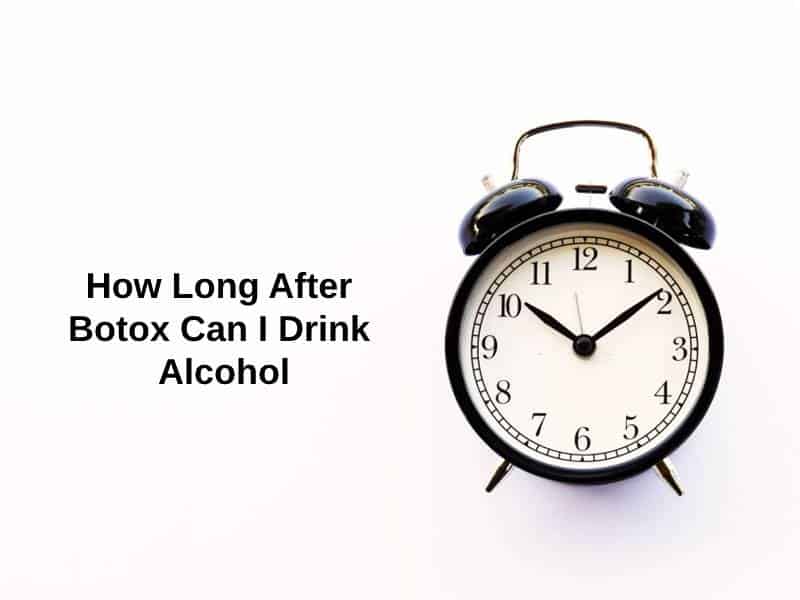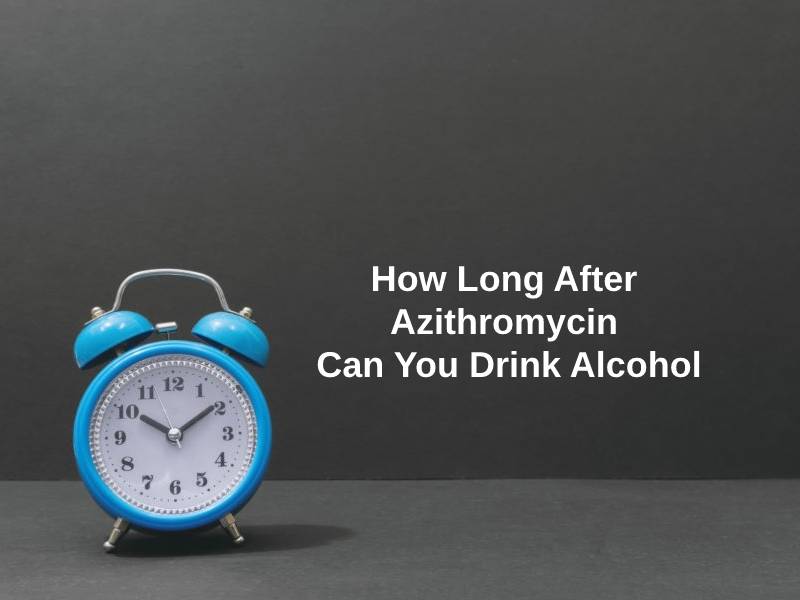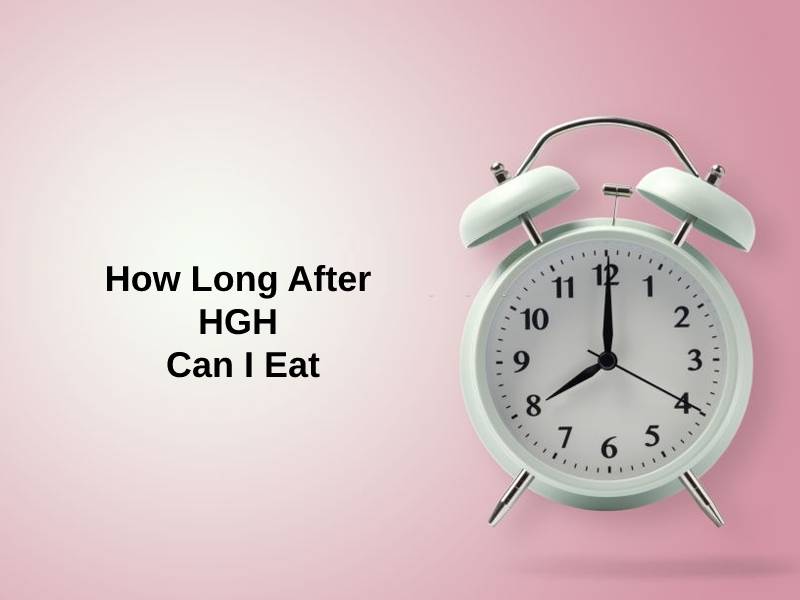Exact Answer: 1 Hour to 72 Hours
Alcohol is a beverage that is widely consumed all over the world. It contains ethanol made by fermenting grains, fruits, and other forms of sugar.
Alcohol consumption is legal in most parts of the world, but some countries (or even states) have banned it entirely. Some places have cultural significance to alcohol and have adhered to it.
Alcohol causes various effects on the human body. It causes dizziness, intoxication, nausea, and even puking when consumed in excess. Our body is capable of metabolizing alcohol. The metabolization of alcohol varies from person to person and on the type of alcohol consumed.
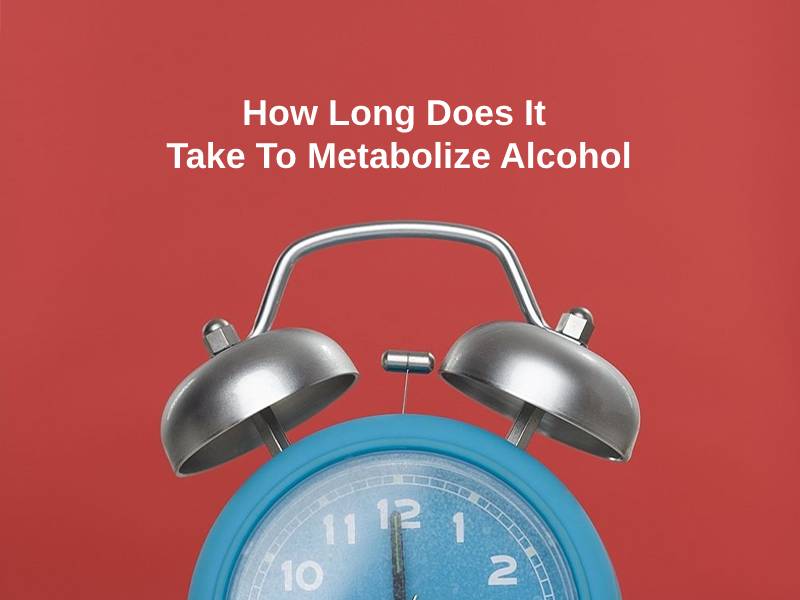
How Long Does It Take To Metabolize Alcohol?
The average time for a healthy man to start the metabolizing of one standard alcohol drink is about an hour. Alcohol gets eliminated from the body at a rate of 0.015 grams/100 mL per hour.
The metabolization time of alcohol depends on various factors. The main factor that determines the time to metabolize alcohol is the quantity of alcohol consumed. Though there are many other factors, this factor is the most influential one. Metabolization rate depends on the following factors:
- Age
- Metabolism speed
- Food intake
- The type of alcoholic drink
- How quickly was alcohol consumed?
- Gender
- Medication
- Health Condition
- Size of an individual’s body
According to researchers, 90 to 95% of alcohol gets metabolized and absorbed in the body. It stays for a longer time in a women’s body as compared to men.
Therefore, men can metabolize alcohol faster than women. Moreover, along with this factor, the age, medications, and health conditions of an individual also plays an important role.
The alcohol content in a drink indicates the time it would take to metabolize. In some alcoholic beverages, the alcohol content is very high. Hence, they take a higher amount of time to metabolize as compared to other drinks.
Various tests detect alcohol content in the body. They help to detect the alcoholic content in blood, breath, urine, saliva, and hair.
| Type of Body System | Time Spent By Alcohol In the System |
| Blood | Up to 6 Hours |
| Breath | Up to 24 Hours |
| Urine | Up to 72 Hours |
| Saliva | Up to 24 Hours |
Why Does Alcohol Metabolization Take So Long?
After consuming alcohol, it enters the digestive system. Around 15 to 20% of alcohol is absorbed through the stomach. This doesn’t happen for everyone and is dependent on the concentration of the enzymes ADH and ALDH in the stomach.
The rest 80 to 85% gets absorbed by the small intestine. Alcohol travels to the liver where major alcohol cleanup takes place. Any other remaining alcohol is then excreted via kidneys, lungs, and skin.
Alcohol is metabolized by an enzyme called alcohol dehydrogenase (ADH) and aldehyde dehydrogenase (ALDH) in the liver. The rate of metabolization depends on the concentration of the enzymes present in the liver, which varies from one individual to another, and it is also believed to have genetic determinants.
Alcohol might affect one’s body and can be very harmful. It is better to consume alcohol in moderation. Though alcohol metabolizes at a constant rate but still largely varies from one person’s body to another. Different bodies metabolize alcohol at different rates.
If the alcohol content is more in the drink then it takes relatively longer to metabolize. Metabolization rate depends on the amount of drink consumed, drinking habits, genetics, health conditions, and medications.
There are many ways to reduce the effect of alcohol. If alcohol is consumed in a large amount then it may have many sides effects. Some ways can reduce the effects of alcohol. Eating food may help the body to absorb alcohol faster. Even drinking water can aid in absorbing alcohol faster.
Note: Alcohol should never be consumed on an empty stomach as it may pass to the small intestine quickly, and most of it will get absorbed into the bloodstream which is not a good sign.
Conclusion
Alcoholic drinks are consumed by about 35% of all humans in the world. Its popularity differs from one place to another. It is important to know the effects and metabolization rate in the body. Metabolization and absorption of alcohol vary largely, and there the exact time depends upon various factors.
If alcohol is consumed in large quantities, then it may cause serious health issues. Some people experience side effects like blackout, dizziness, sweating, nausea, and puking after the consumption of alcohol. On the other hand, others may have a higher tolerance towards alcohol and don’t experience any side effects.


